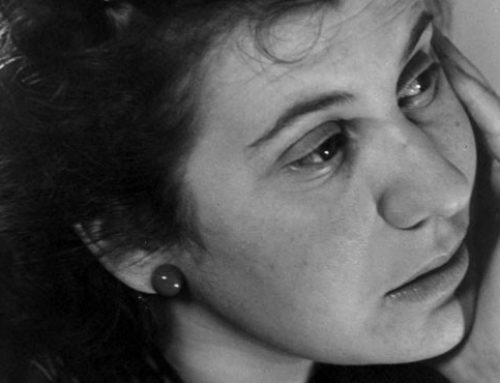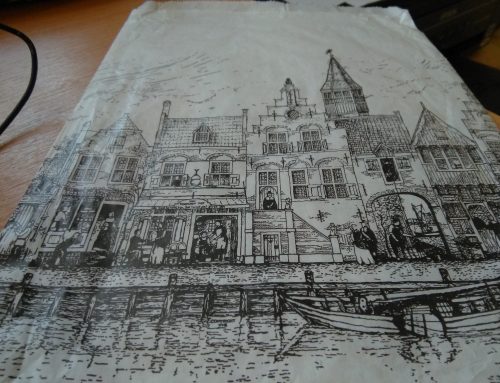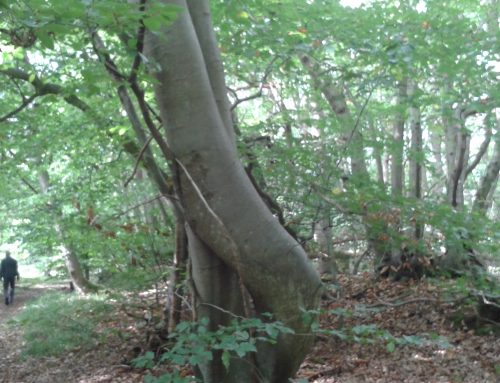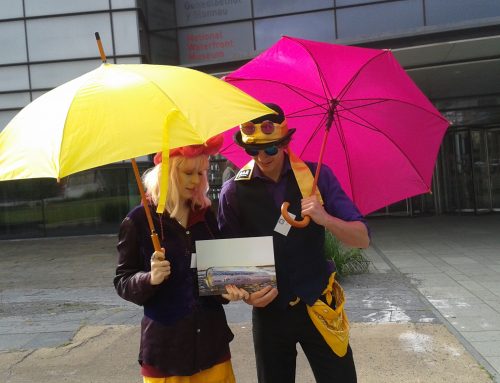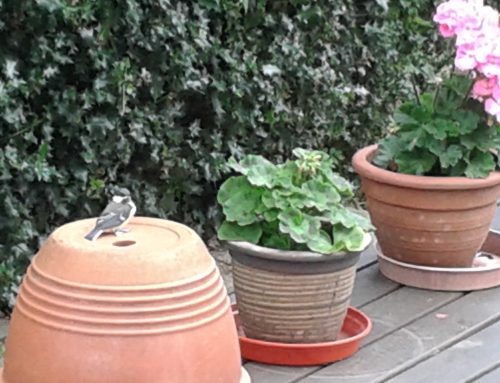Last Tuesday, 12th March, I was in London and took the tube from St Pancras to Whitechapel. In the carriage was one of the Poems on the Underground. It was Verse IV of W.B. Yeats’ Vacillation which you can read here. As I have just turned 50, the poem immediately caught my attention and I passed the time during the journey commiting it to memory. The day was bright and cold and I was in good spirits, having been invited to a meeting as part of a major project into the health benefits of therapeutic writing. Yes, ‘it seemed so great my happiness, that I was blessed and could bless’.
Of course the whole poem is much longer and covers more complex ground than simply feeling good in a London coffee shop. The full poem is here. As the title suggests, the speaker of the poem is uncertain and moves between chivvying himself up to admission of regrets and guilt. The poem ends, somewhat strangely for me, with a rejection of Von Hugel, a Christian apologist and thinker, in favour of Homer. From the concrete, imaginable feeling-good-in-a-coffee-shop in the earlier part, the poem at the end becomes a rather strange one-sided argument with a writer of whom most readers will never have heard.
My feelings getting off at Whitechapel in front of the giant and partially boarded-up hospital were mixed. I last stood in that street thirty seven years ago, in 1976 when my dad was having radiotherapy for a brain tumour, during that long, suffocatingly hot, ladybird-ridden summer, and we drove up from Kent to visit a couple of times a week. It was familiar and very strange. I plan to write about it soon.
The meeting with doctors and researchers took place in Will Alsop’s new Blizard Building for Queen Mary College. We were allocated ‘Spiky’, a room covered in black pvc, in the centre of a Kafkaesque series of open plan offices bordering a vast atrium, where people hid behind filing cabinets and teetering shelves and we were told to be quiet as we walked past them. It was a good and stimulating afternoon’s meeting, generating many more questions than it answered but how wonderful to have such a team working on the mysterious mechanisms by which writing increases wellbeing. It’s one more step towards the possibility of poetry therapy being as mainstream as physiotherapy.
Through a lucky combination of tube and train I was blessed by getting back to Canterbury in time to here Christopher Reid at the University’s ‘Creative Writing Tuesday Readings’. Christopher Reid read from his prize winning book, A Scattering, which contains poems about his wife and her death from a brain tumour, a couple of decades after my father’s. The poems were direct and personal, touching and very, very controlled. The title poem, about the mourning by elephants, somehow in moving away from the immediacy of his wife’s illness, death and absence, into a mysterious world, moved me deeply.
Coincidentally, on a day of coincidences, A Scattering opens and closes with the words ‘blessing’ and ‘blessed’.



